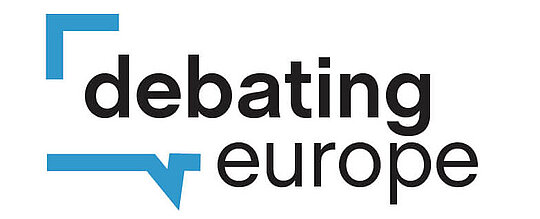Panel discussion with Julia Black, Başak Çalı, Laurent Muschel, Tankred Stöbe, and Ralph Wilde
2016 was the deadliest on record for refugees and migrants crossing the Mediterranean. More than 5,000 migrants died according to the United Nations High Commissioner for Refugees, an average of fourteen people every day. Most of these were traveling the central Mediterranean route.
Despite this, European media has focused on the decline in asylum seekers across the continent after the influx of 2015. According to European Union statistics, the number of first time asylum applicants in the 28 member states of the EU decreased by 15% in the third quarter of 2016 compared to the same quarter of 2015.
This debate will focus on policy responses to deadly sea and land crossings in Europe. Why has the issue of deadly crossings faded from the European public agenda? Are people becoming indifferent to these catastrophic deaths? Has this “normalisation” led to a policy impasse?
In partnership with Debating Europe and Europe for Citizens (EACEA).
Introduction
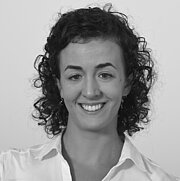
Julia Black is a Master of International Affairs student at the Hertie School. She works as a Project Coordinator for the International Organization for Migration (IOM).
Panelists
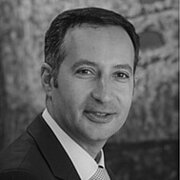
Laurent Muschel has been Director for Migration and Protection in Directorate-General for Home Affairs, European Commission, since September 2013. Previously, he has been Deputy Head of Cabinet to Cecilia Malmström, Commissioner for Home Affairs and Jacques Barrot, Vice-President for Justice, Freedom and Security. He started his career as policy officer in DG Transport where he dealt with the European aviation market, he then became Assistant to the Director General for Energy and Transport and afterwards Head of Unit for “International energy relations”. He joined the European Commission in 1994 after studying Political sciences at Sciences-Po, philosophy at the Sorbonne and corporate finance in a French business school.
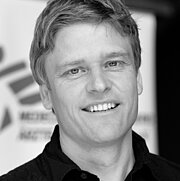
Tankred Stöbe first worked with Médecins Sans Frontières (MSF) in Thailand/Myanmar in 2002, joined the Board of Directors of the German section in 2004 and served as its President from 2007 to 2015. In June 2015, he was elected to the International Board of MSF. He is specialised in internal, intensive and emergency care medicine and works at a hospital as well as Medical Emergency Coordinator in Berlin. In his 17 MSF-field projects Tankred worked most recently in Somalia, Syria, Iraq, South Sudan, Sierra Leone, and on a rescue ship in the Mediterranean and in Libya.
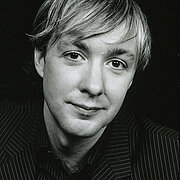
Ralph Wilde has been a member of the Faculty of Laws at University College London (UCL), University of London since July 2002. He was formerly a supervisor in international law and a guest lecturer at Cambridge University and the Henry Fellow and Visiting Scholar at Yale Law School. He is a Senior Research Associate at the Refugee Law Initiative of the Human Rights Consortium of the University of London School of Advanced Studies and a member of the UCL Migration Research Unit and the UCL Refuge in a Moving World Network. In 2018, he will serve as Director of Studies of the Centre for Studies and Research at the Hague Academy of International Law. In 2012, he was awarded a €1.1 million Research Frontier Grant from the European Research Council. This is funding a five-year interdisciplinary project, Human Rights Beyond Borders, on the extraterritorial application of human rights law. The project began in February 2013 and runs until January 2018. He received his PhD from Cambridge University, 2003.
Moderation
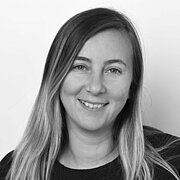
Başak Çalı is Professor of International Law at the Hertie School and Director of the Center for Global Public Law at Koç University, Istanbul. Her research interests are international law, human rights law, and the prospects of global public law in a multi-level legal order. Çalı is the Secretary General of the European Society of International Law, Editor-in-Chief of Oxford University Press United Nations Human Rights Case-Law Reports, a Fellow of the Human Rights Centre of the University of Essex and a Senior Research Fellow at the Pluricourts Centre at the University of Oslo. She has been a Council of Europe expert on the European Convention on Human Rights (ECHR) since 2002. She has trained members of the judiciary and acted as a litigation advisor and trainer to non-governmental organisations and lawyers on European and comparative human rights law. She received her PhD in International Law from the University of Essex in 2003.

